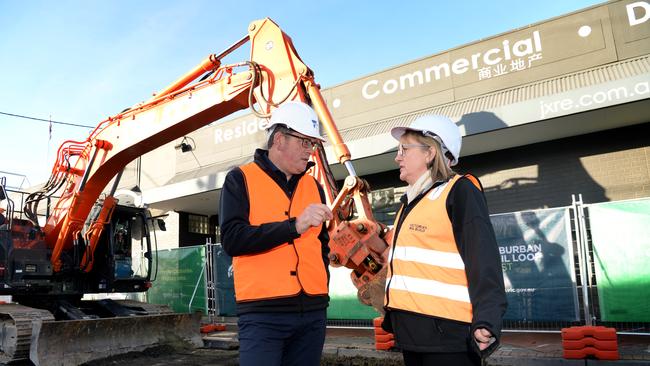
There is little doubt that long-term Premier Daniel Andrews will be offering up several excuses for the state’s budgetary situation. He already has been rehearsing his lines. His principal excuse is the costs of Covid-19 disrupted his government’s prudent fiscal approach and it will take time to right the ship.
Thanks to Rachel Baxendale of this newspaper, we know this assertion is a long way from the truth. The fact is the pandemic explains a portion of the deterioration in the state’s budgetary position. But the reality is that state government debt had blown out well before Covid.
Another point is, were Covid the explanation for the deteriorating budget position in Victoria, we would have witnessed similar outcomes in the other states. To be sure, Western Australia and Queensland have been fortunate recipients of surging revenue from the resources sector. But on the spending side, Victoria has overspent to a greater extent than the other states.
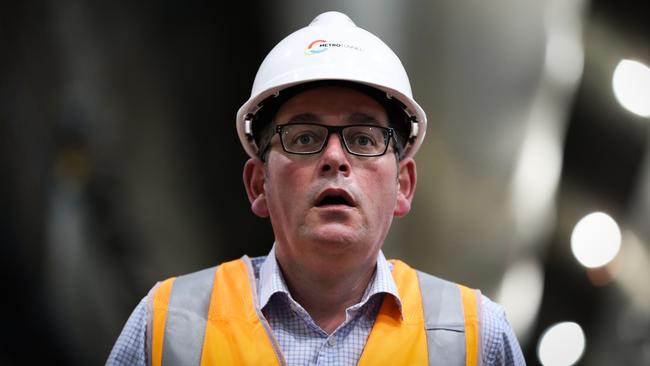
Andrews also has shown a degree of imagination in trying to pin some of the blame on the Reserve Bank of Australia. He claims his government raised the debt it did in recent years only because of the RBA governor’s assurance that interest rates would not be increased until 2024. This should be dismissed immediately: the government debt raised was needed to cover burgeoning expenses and to pay for its outsized infrastructure program, including colossal cost blowouts.
Note here that Victoria lost its AAA credit rating at the same time the RBA governor began to utter his faulty forward guidance on the likely path of interest rates – at the end of 2020. In other words, the RBA’s actions had nothing to do with the state’s change of credit status.
Before outlining what we should expect in Tuesday’s budget, it’s worth briefly reviewing the recent history of fiscal policy in the state. Compared with his Labor predecessors, Steve Bracks and John Brumby, Andrews has shown little restraint when it comes to spending and accumulating government debt. Year after year the key budget line, employee expenses, blew out, reflecting the exploding number of public sector workers and their pay.
As Robert Carling of the Centre for Independent Studies has noted, “In the eight years to 2022, the number of state public sector employees in Victoria rose by 26 per cent and the state payroll by 70 per cent. The comparable figures in the other states and territories were 14 per cent and 38 per cent.”
While this situation was worrying enough, the problems confronting the Victorian government’s Big Build program have added significantly to the current disastrous state of public finances. The key projects, in particular Metro rail, the West Gate Tunnel and the airport link, are all way over budget and substantially delayed.
Indeed, it’s not even clear when the last-mentioned project will finish given the unresolved dispute between Melbourne Airport and the Victorian government. By adding many billions of dollars to government debt, we now see the figure for net government debt heading towards close to $165bn by the middle of the decade. As a proportion of gross state product, net government debt will reach 25 per cent in 2025-26. It was only 9.5 per cent in 2019-20. In combination with rising interest rates, this will mean a more than doubling of net interest payments, hitting $7.4bn in 2025-26.
Unsurprisingly, the Victorian government already has announced several deferrals and cancellations to its infrastructure plan. Given the ongoing delays, cost blowouts and inconvenience to the public, it’s apparent that the political gloss of large infrastructure spending is wearing off. The proposed fast train link between Melbourne and Geelong that was pledged at the last election by Labor now has been cancelled.
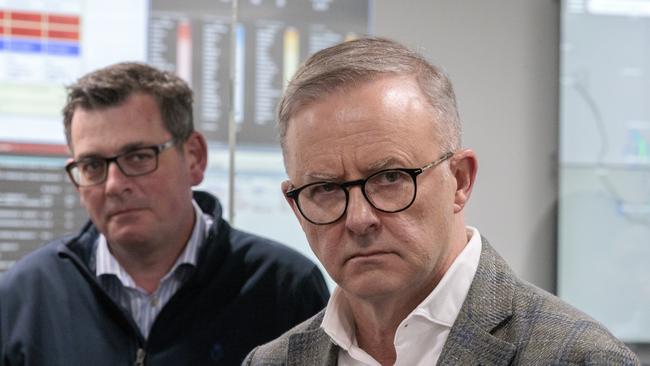
Amazingly, the Andrews government still hangs on to its completely unjustified and exorbitant Suburban Rail Loop. This project was never submitted to Infrastructure Australia or Infrastructure Victoria. It has been criticised by the Victorian Auditor-General and has failed the cost-benefit analyses applied to it. Its current cost is estimated to be about $120bn, but there is no doubt that the final figure would be much higher again. (The project involves a large amount of tunnelling.)
Yet the Andrews government has shown no inclination to change its mind, with the project shrouded in secrecy and a non-transparent unit undertaking planning for the project. It is the antithesis of good governance.
But just to show that the Albanese government is on the same page with the Suburban Rail Loop, the federal government has provided a down payment of slightly over $2bn. Moreover, it is not included in the current review of infrastructure projects – some to be culled – commissioned by federal Infrastructure, Transport, Regional Development and Local Government Minister Catherine King.
Tuesday’s budget doubtless will record an improvement to budget outcomes across the four years of the forward estimates – they always do. There will be likely three more deficits followed by a very slim surplus in the fourth year, although you wouldn’t want to bet your house on it (that’s if you’ve got a house, which is becoming very difficult in the state). On paper, it will look like the growth of employee expenses is being constrained, although this may not eventuate in practice.
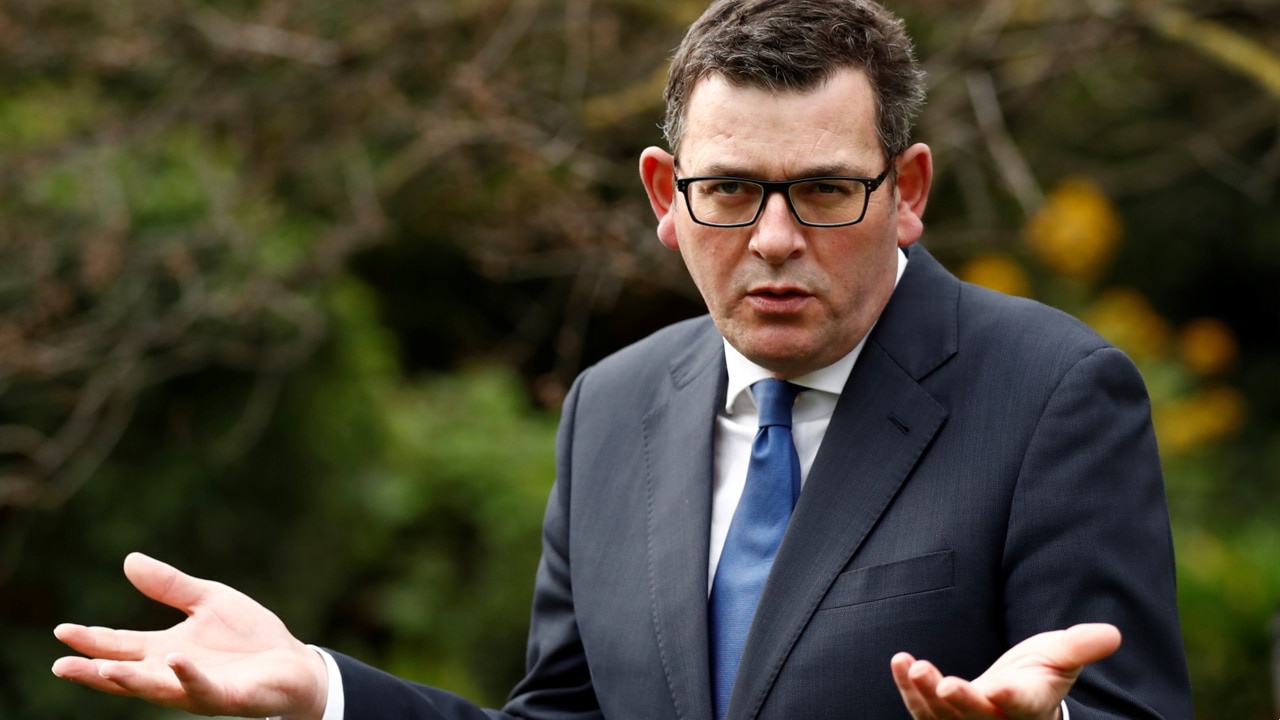
The Victorian government also must deal with several problem children it has. These include WorkCover, which is running significantly in the red and needs to be bailed out. The government already has announced that a substantial capital contribution will be made to the agency, that workers compensation premiums will be hiked very considerably – more than 40 per cent – and some entitlements will be restricted.
Homes Victoria, which incorporates the old Housing Commission of Victoria, is also deeply in debt with a net negative financial position. For all the good things we hear about the benefits of social/public housing, the actual practice is extremely fraught, particularly in commercial terms. There is a huge backlog of maintenance required and more dwellings will need to be condemned. Even with an aggressive building program, the net additions to the stock of social housing in the past few years has been trivial.
One of the key lessons of the Victorian experience is that ambition and hubris get you only so far when it comes to public finances. It is also a grave mistake to equate more spending with better outcomes – the health and education systems are two cases in point. Apart from strong population growth and a vigorous housing market, it’s not clear what Victoria has going for it in terms of repairing the budget. At this stage, it seems unlikely that the federal government will bail out Victoria, at least directly. There could be some difficult times ahead.


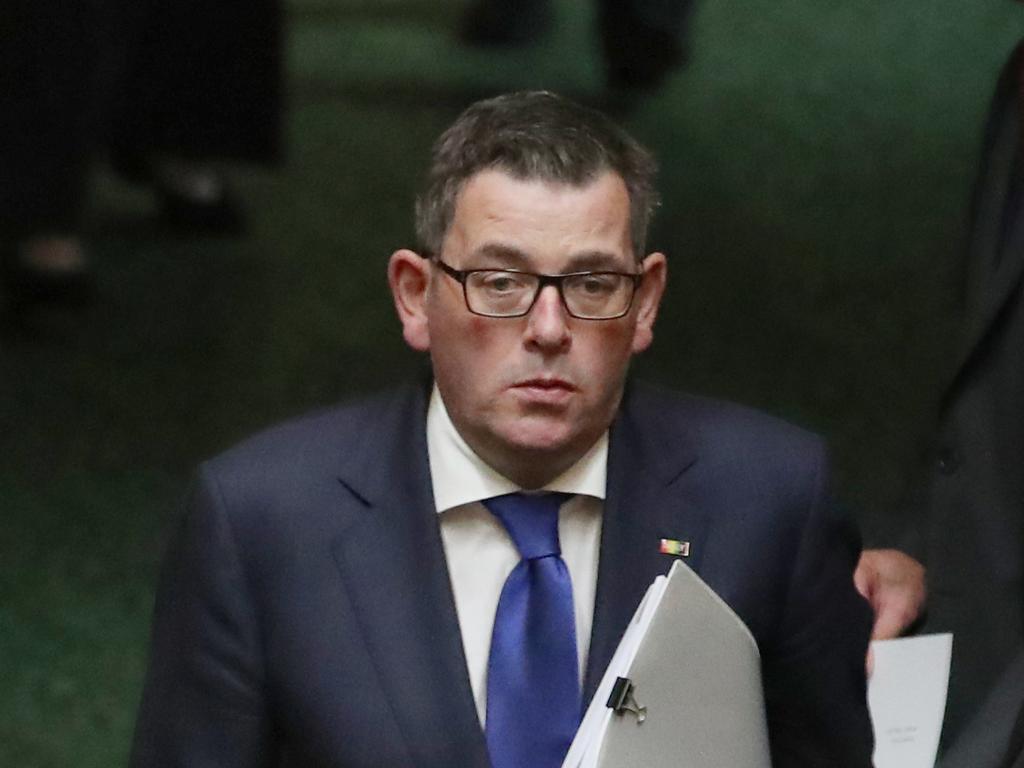




Normally, state budgets are about as interesting as a reserves grade football match. But Tuesday’s Victorian budget holds much more interest because it is clear the public finances of the state are in a perilous position.